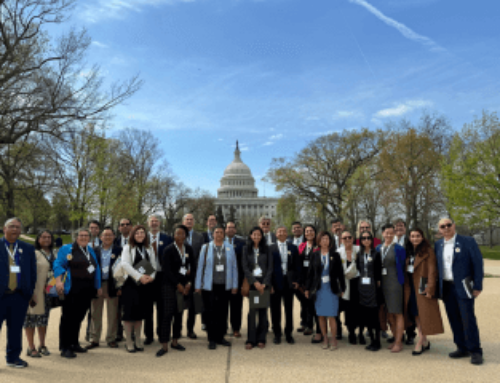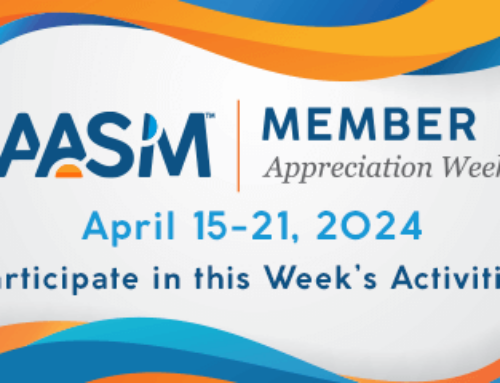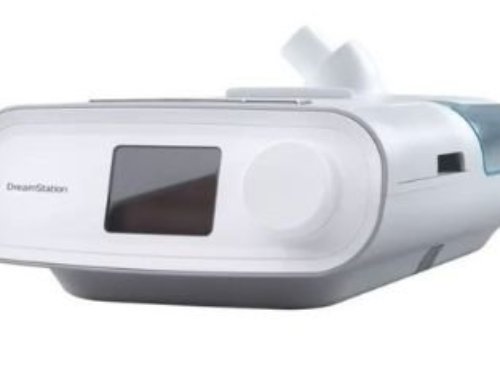The American Academy of Sleep Medicine (AASM) has begun a new nationwide initiative to defend the scope of practice of physicians and advanced care providers who manage patients with obstructive sleep apnea from encroachment by dentists and other practitioners, who are not trained or qualified to diagnose a medical disease.
The AASM distributed to every state medical board a copy of the American Medical Association (AMA) resolution, Appropriate Use of Objective Tests for Obstructive Sleep Apnea (H-35.963). The resolution was introduced in November 2017 at the Interim Meeting of the American Medical Association, where it was adopted by the AMA House of Delegates. The adoption of the resolution followed the publication in October of the AASM position statement on the clinical use of a home sleep apnea test.
“Obstructive sleep apnea is a potentially lethal disease, so it is critical to ensure that patients receive the highest quality of care from medical providers who are licensed to practice medicine,” said AASM President Dr. Ilene Rosen. “Sleep apnea commonly occurs along with complex comorbidities such as hypertension, coronary artery disease, and pulmonary disease, all of which require accurate identification, effective treatment and long-term management from a licensed medical health care provider.”
AMA resolution H-35.963 states:
“It is the policy of our AMA that:
- ordering and interpreting objective tests aiming to establish the diagnosis of obstructive sleep apnea (OSA) or primary snoring constitutes the practice of medicine;
- the need for, and appropriateness of, objective tests for purposes of diagnosing OSA or primary snoring or evaluating treatment efficacy must be based on the patient’s medical history and examination by a licensed physician; and
- objective tests for diagnosing OSA and primary snoring are medical assessments that must be ordered and interpreted by a licensed physician.”
Although the resolution specifically emphasizes the role of physicians, the AASM recognizes and values the work of advanced care providers in the sleep field.
The AASM is urging state medical boards to be vigilant and to enact similar policies to protect patients and ensure appropriate clinical sleep care. For example, in Texas and Colorado, some dentists have advocated that they be allowed to order and interpret diagnostic testing such as home sleep apnea tests (HSATs), diagnose sleep apnea, and prescribe treatment, all of which are outside the scope of practice of dentistry.
Dentists can play a role in treating select sleep apnea patients with oral appliance therapy, as outlined in a joint clinical practice guideline from the AASM and the American Academy of Dental Sleep Medicine (AADSM). However, the AASM warns that allowing unqualified practitioners to provide medical care for a complex medical disease undermines patient-centered health care, exposes patients to dangerous health complications, and creates extensive malpractice liabilities. The AASM is also sending a copy of the AMA resolution to each state dental board.
To discuss this issue with AASM advocacy staff, please contact policy@aasm.org or 630-737-9700.









